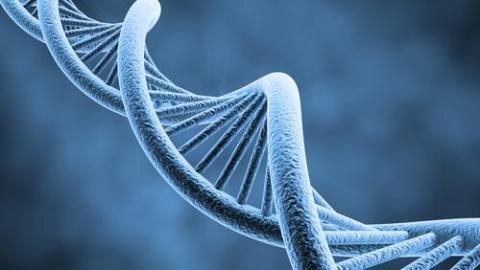Do You Have a Right to Your Own Genetic Info?

What’s the Latest Development?
Because the science and technology behind gene-based therapies are just emerging, companies that interpret your genetic information currently exist in a land of legal limbo. The FDA considers their products to be medical devices, and therefore subject to regulation, but science writer Susan Young says that restricting access to genomic tests could hurt medicine in the long-run. Young had her saliva analyzed by the company 23andMe and received the less-than-compelling analysis that she was at a slightly greater risk for contracting restless leg syndrome later in her life.
What’s the Big Idea?
Such results, says Young, should not be considered as a strike against the genetics industry. The ability to forecast susceptibility to diseases is in its infancy, and other portions of her analysis were more enlightening, such as her sensitivity to blood-thinning medication, which could be relevant were she ever to suffer a heart attack. Sharon Plon, a geneticist and physician-scientist at Baylor College of Medicine in Houston, is one among many doctors who currently resist patients’ requests to analyze results of genetic tests because it remains unclear how the tests can inform and improve patient care. Giving patients access to test data, says Young, is the best way to make genetic information more relevant.
Photo credit: Shutterstock.com





